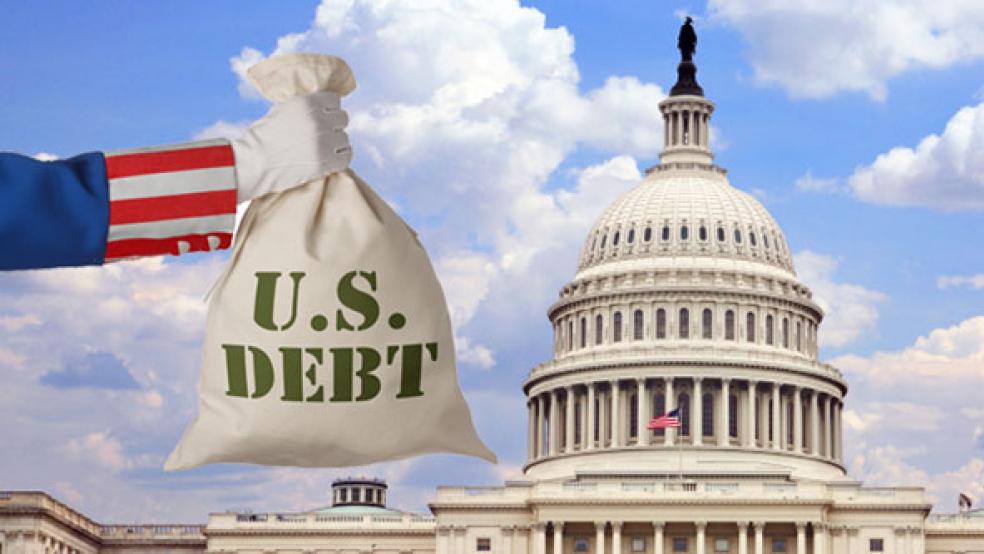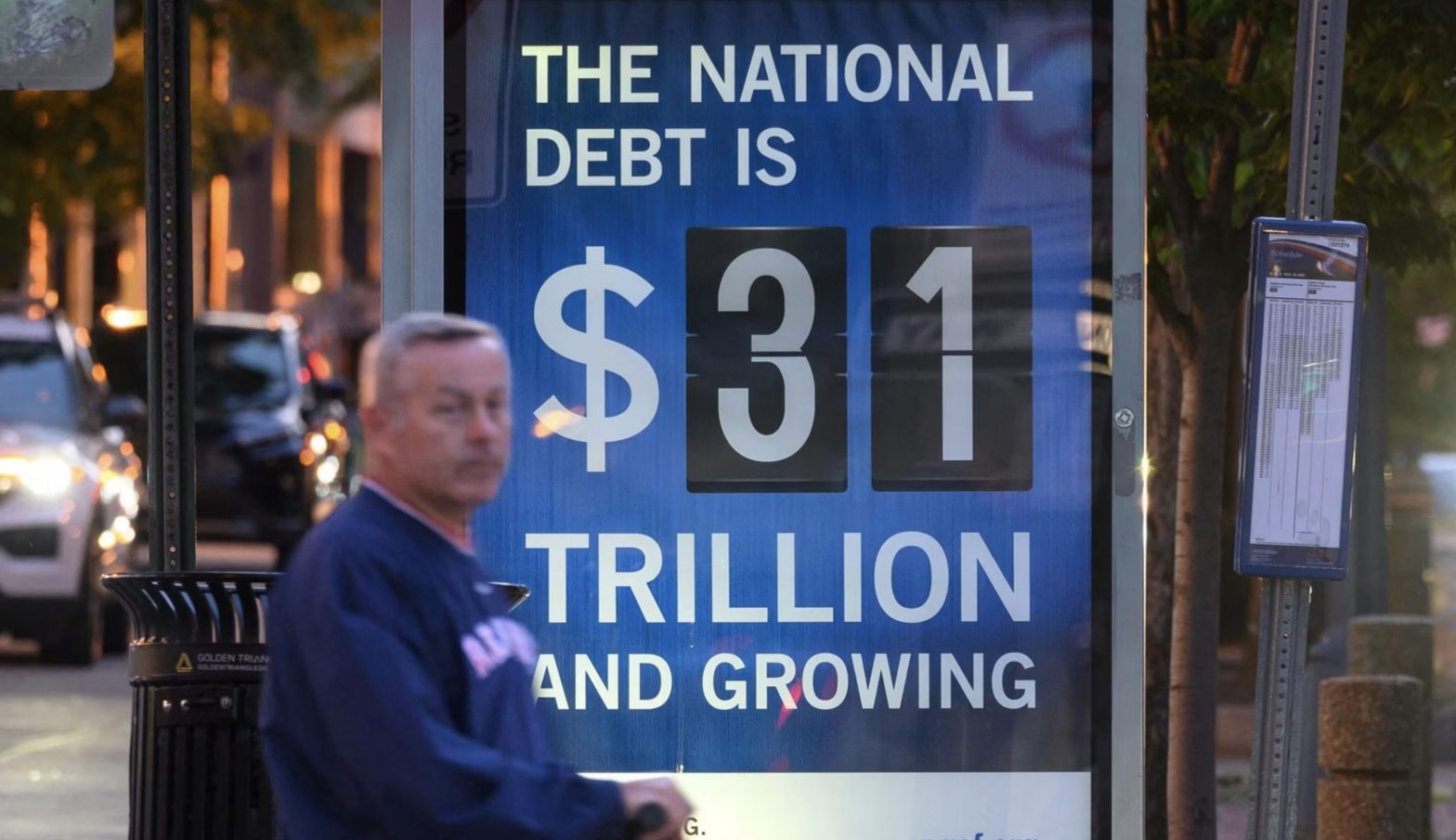As the clock ticks towards a potential default, the United States finds itself locked in an increasingly complex negotiation puzzle. The crisis revolves around the federal debt limit and a crucial tussle between House Republicans and the White House, which is in danger of becoming an impasse that could have profound repercussions on the global economic stage.
Republicans have long insisted that any augmentation of the debt limit must be accompanied by corresponding cuts in spending. This policy stance, a cornerstone of GOP economic philosophy, stands in stark contrast to the Democrats’ position. They argue that the extent of the spending cuts demanded by their Republican counterparts is unnecessarily severe. Notably, the White House has indicated some degree of flexibility, suggesting it could accommodate certain spending cuts.

The most significant sticking point remains unresolved. As GOP Rep. Garret Graves, a principal negotiator during the ongoing talks, pointedly stated, “No, that’s our biggest gap.” Graves emphasized that a multitude of crucial differences persist, even as the looming deadline for averting default edges closer. “Look, there are some big bright red lines on both sides. We do not have any of those issues closed out.”
Reflecting the widening chasm between the negotiating parties, House Speaker Kevin McCarthy candidly told Republicans in a confidential meeting on Tuesday, “We are nowhere near a deal,” according to confidential sources.
The possibility of an unprecedented US default is no longer a distant concern but a prospect that could materialize as early as June 1, according to the Treasury Department. The consequences of such an eventuality would undoubtedly wreak havoc on the global economy.
A face-to-face between McCarthy and President Joe Biden at the White House on Monday reportedly produced a “productive” discourse. Still, it failed to culminate in a breakthrough or yield a tangible deal, underlining the deep-seated discord.
Meanwhile, Democrats are expressing increasing consternation over the rapidly ticking clock and the rigid negotiating stances of their Republican counterparts. They argue that the House Speaker is held hostage by the extreme positions of the right-wing Freedom Caucus. House Democratic Caucus Chair Pete Aguilar opined, “Speaker McCarthy is being held captive by the Freedom Caucus.”
Against this backdrop, McCarthy remains optimistic, maintaining that an agreement could still be achieved by the June 1 deadline. However, his declaration that the debt ceiling’s augmentation would be the only concession from the Republican camp significantly narrows the path for productive negotiations. This statement has left a bitter aftertaste at the White House, which had perceived the discussions with McCarthy as productive until then.

The insistence of McCarthy on increasing defense spending while trimming non-defense expenditure has been deemed excessive by a Democratic official. This official also labeled McCarthy’s position as overly influenced by the most conservative members of his caucus and unaligned with budget agreements from the past decade.
Should a deal be eventually brokered, the path to preventing a default remains fraught with significant hurdles. Legislative text needs to be authored, a process involving meticulous analysis and crafting of policy details. Disagreements at this stage could further delay the process. Following this, securing the necessary votes from both parties in the Congress becomes a paramount challenge, given the slender majorities in both chambers.
As negotiations lurch forward, the imminent economic catastrophe looms large. The debt limit crisis presents a scenario where economic stability and political negotiation play out in an intricate dance, with global ramifications hanging in the balance. With the June 1 deadline in sight, time is of the essence, and a resolution could not be more pressing.
©world-news.biz
